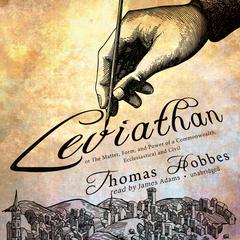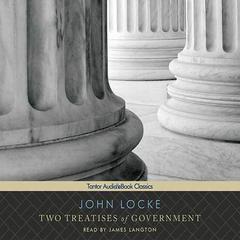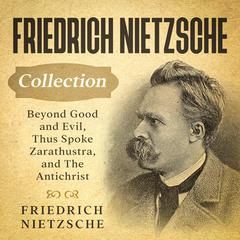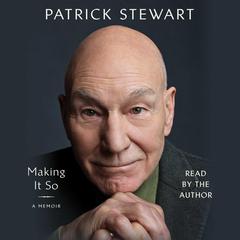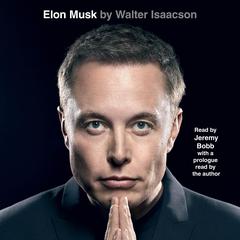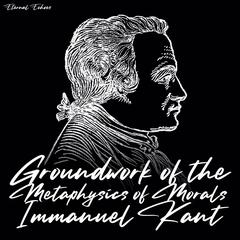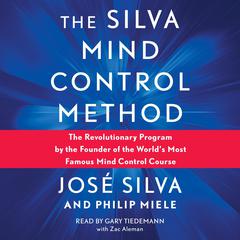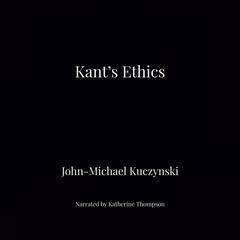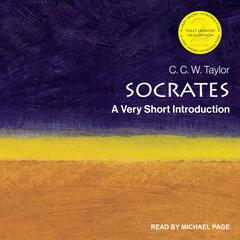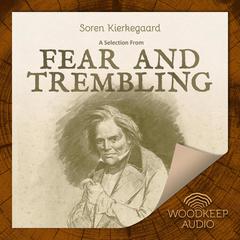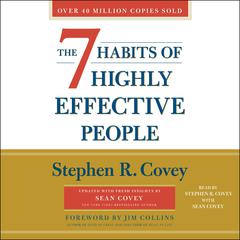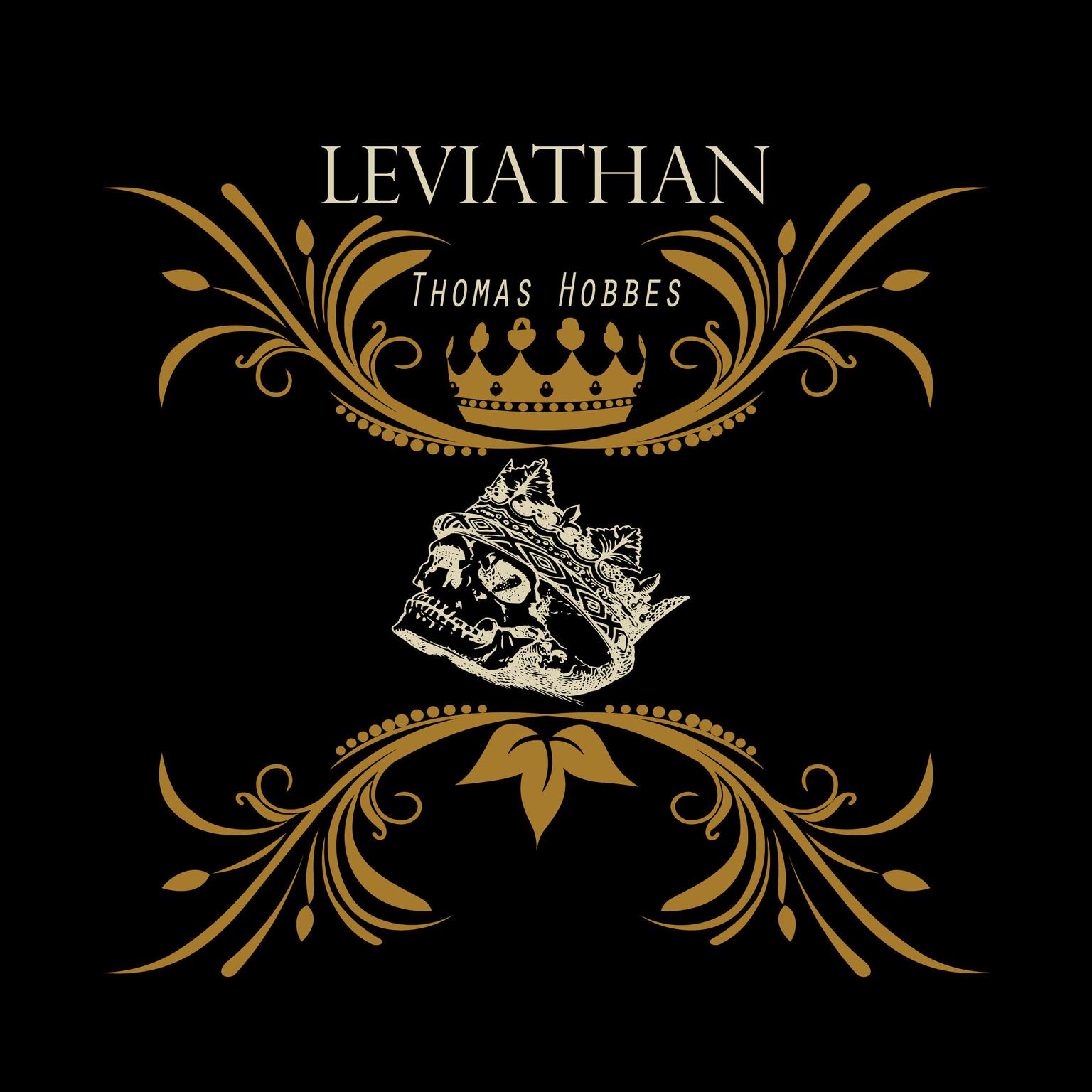 Play Audiobook Sample
Play Audiobook Sample
Leviathan Audiobook
 Play Audiobook Sample
Play Audiobook Sample
Quick Stats About this Audiobook
Total Audiobook Chapters:
Longest Chapter Length:
Shortest Chapter Length:
Average Chapter Length:
Audiobooks by this Author:
Publisher Description
He that is to govern a whole nation, must read in himself, not this, or that particular man; but mankind.
Leviathan by Thomas Hobbs is both a magnificent literary achievement and the greatest work of political philosophy in the English language. Permanently challenging, it has found new applications and new refutations in every generation. Hobbes argues that human beings are first and foremost concerned with their own individual desires and fears. He shows that a conflict of each against every man can only be avoided by the adoption of a compact to enforce peace. The compact involves giving up some of our natural freedom to a sovereign power which will enforce the laws of peace on all citizens. Hobbes also analyses the subversive forces—religion, ambition, private conscience—that threaten to destroy the body politic, Leviathan itself, and return us to the state of war.
Download and start listening now!
Leviathan Listener Reviews
Be the first to write a review about this audiobook!
About Thomas Hobbes
Thomas Hobbes (1588–1679) was born in Wiltshire, England. Educated at Oxford, where he studied classics, he later became tutor to the son of William Cavendish, Baron of Hardwick. His first published work was a translation of Thucydides’ History of the Peloponnesian War in 1628. An interest in science and philosophy soon developed, heightened by extended travels in Europe. This led to Leviathan—the crowning achievement of his political science. It was so influential that it came under widespread attack and was in danger of condemnation by the House of Commons. Hobbes perforce lived quietly and published little more on political matters. At the age of eighty-four, he composed an autobiography in Latin verse and within the next three years translated the whole of Homer’s Odyssey and Iliad.
About Manny Lee
Pedro Pablo Sacristán was born in Madrid and graduated with an MBA from a prestigious business school. His passion for education and writing led him to create Bedtime Stories, short stories that help teach kids values.




